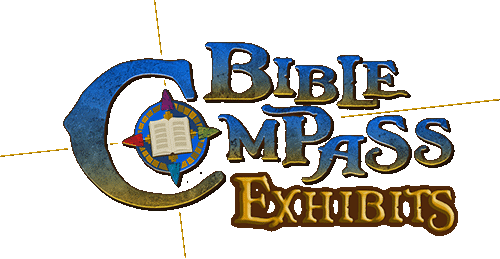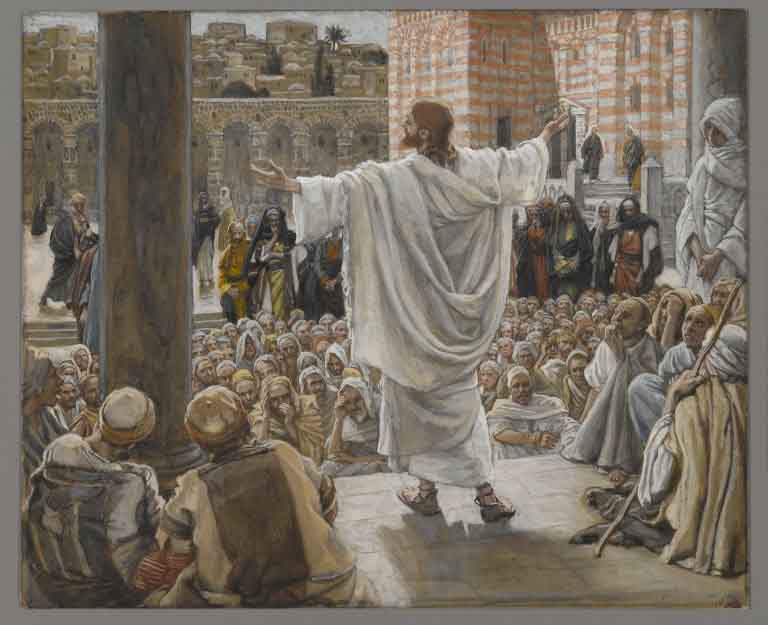Period of the Messiah
36 Years
Carousel of images for this Bible Exhibit
Listen to this Bible Exhibit
The Hebrew word “messiah” means anointed one. When rendered in Greek, it is the word Christ. In the Old Testament, the idea of God’s anointed one was initially used for priests and some prophets Leviticus 4:3-5, 1 Kings 19:15-16. However, once Samuel anointed Saul and then later David, it established the act as the crucial initiation for Israel’s kings before they assumed their positions of royal leadership 1 Samuel 9:16-17, 1 Samuel 16:11-13. God began to refer to his ruling kings like Saul, David, or later kings from the line of David as his anointed 2 Chronicles 6:42.
While the term initially referred to physical anointing with oil, it came to mean one chosen and appointed by God as His instrument Psalm 105:15. Towards the end of the Old Testament, when the remnant of Judah was only a shadow of the nation of Israel that King David once ruled, the messiah was pictured as a future ruling king like David once was Jeremiah 33:14-26. The prophet Isaiah anticipates the coming king with regal splendor Isaiah 9:6, Isaiah 11:1-5. Micah looks forward to the King from the line of David being born in Bethlehem, and Zechariah describes the coming messianic kingdom Micah 5:2, Zechariah 9:9-13. The prophet Daniel anticipated the coming of the Lord’s anointed one or messiah at some point in the future Daniel 9:25-26.
With the arrival of Jesus in the New Testament, he is immediately presented as the Christ, meaning anointed one Matthew 1:1. Throughout the Gospels, Jesus is presented as the long-awaited Savior of the world and anointed one of God Luke 2:10-11. Christ’s words testified to him being the messiah Luke 4:18-19. Jesus affirmed that he was the messiah to the Samaritan woman at the well and again when Pilate questioned him John 4:18-19, Mark 14:61-62.
The Apostles also testified to Jesus being the Christ. Andrew told his brother Simon Peter that he had found the Messiah John 1:41. Peter later declared Jesus the Messiah at Caesarea Philippi Matthew 16:16. When the Apostle Paul was at the synagogue in Thessalonica, he used the Scriptures to show why Jesus, the Messiah, had to suffer and be raised from the dead Acts 17:1-3.
Jesus proved that he was God’s anointed by fulfilling several messianic prophecies. Isaiah told of the virgin birth, which Jesus fulfilled Isaiah 7:14, Matthew 1:22-23. God promised King David that the Messiah would come from his line, which Jesus fulfilled 2 Samuel 7:12-13, Luke 1:31-33. The Old Testament anticipated that God’s anointed one would suffer and be crucified, which Jesus fulfilled Psalm 22:16-18, Isaiah 53:5, Acts 2:22-24. Throughout Scripture, Jesus is the fulfillment of the Old Testament prophecies and the ultimate Messiah sent by God to redeem humanity. His life, teachings, death, and resurrection bear witness to his identity as the Savior and the long-awaited hope of Israel.








